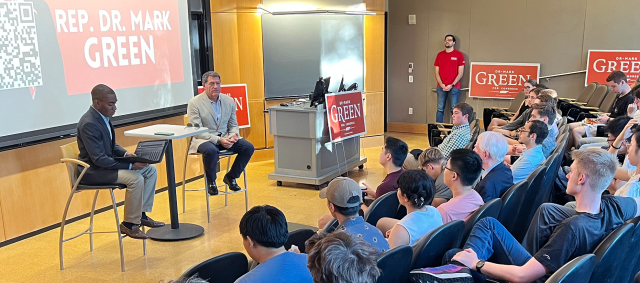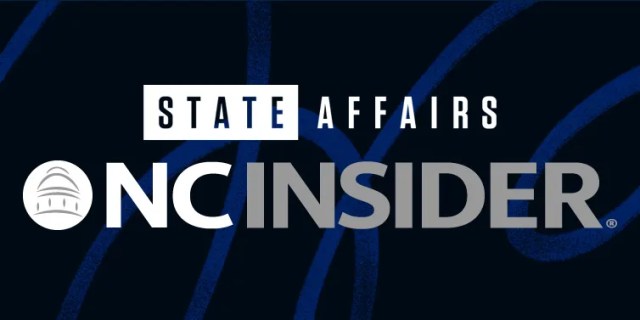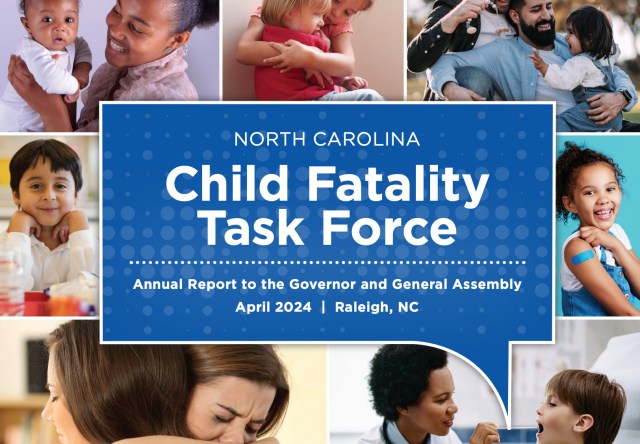On Aug. 3, 1975, the Superdome opened to the public for the first time.
The project’s beginning can be traced back to 1963, when New Orleans Mayor Victor Schiro established a municipal sports commission within city government, placing Dave Dixon as chairman. While Dixon would become known to many as the “father of the Superdome,” historian Edward Haas writes that Schiro was the true driving force, at least in local government.
Schiro wanted his city to be in the big leagues, and saw attracting a professional football franchise as his ticket to get there. Holding the 1965 American Football League all-star game at Tulane Stadium, which was supposed to help establish New Orleans’ viability as a host for pro sports, instead turned into a major embarrassment.
Black AFL players reported racist treatment from the city’s businesses, leading Black and white players to agree to boycott the game, which was moved to Houston. But weeks later, Dixon got a call from Pete Rozelle, commissioner of the older National Football League, who was still interested in a New Orleans franchise.
Rozelle informed Dixon he was sending one of his key assistants, former Baltimore Colts All-Pro Buddy Young, a Black man, to assess New Orleans’ racial climate. This time, the business establishment was ready, and the city passed the test. Black leaders got behind the franchise bid, hoping the integrated league would strike the final blow against segregation.
Schiro and Dixon gained a powerful ally in their stadium quest when Gov. John McKeithen declared that “New Orleans needs and deserves a new stadium—the best in the whole United States.” State support was more than welcome, since funding the stadium with local funds only would have tied up the city’s bonding capacity for many years.
On November 8, 1966, Louisiana voters overwhelmingly approved a constitutional amendment that cleared the way for construction of a domed stadium in New Orleans. The estimated construction cost was $35 million, to be financed with a tax on hotels and motels in Orleans and Jefferson parishes.
Though a 125-acre site in New Orleans East was considered, the Chamber of Commerce and the governor favored a downtown location. Jefferson Parish Sen. John G. Schwegmann argued it belonged on the lakefront, either in Orleans or Jefferson, “where the future of the area lies, not downtown where it will just add to the congestion.”
Construction had not yet started when Schiro left office in 1970, and the local press began to question whether the stadium would ever be built. But ground finally was broken on Aug. 12, 1971; the project would eventually cost $179 million.
The Saints lost to the Houston Oilers in the first preseason football game played in the Superdome on Aug. 6, 1975. The first Bayou Classic at the stadium was played later that year, with Grambling State defeating Southern, 33-20.
The Superdome will host its eighth Super Bowl next year. It has been the home of the Sugar Bowl since 1975, along with numerous other major events including boxing matches, concerts, Final Fours, the Republican National Convention and an address by Pope John Paul II.
The stadium sheltered more than 30,000 residents during Hurricane Katrina, which sheared away much of the roof’s covering and reportedly did $185.4 million in damage. The New Orleans Saints played 2005 home games in San Antonio at the Alamodome and in Baton Rouge at Tiger Stadium.
While some thought the stadium would need to be demolished, it instead was reborn in what became the biggest stadium reconstruction project in American history. The Saints returned to the Dome for a September 24, 2006 regular season game against the Atlanta Falcons, winning in a contest most famous for Steve Gleason’s blocked punt that Curtis Deloatch recovered for a touchdown.
A $210 million renovation project was completed during the 2010 and 2011 off-seasons that increased the seating capacity from 72,000 to 76,468.
In 2011, the Superdome sold its naming rights to Mercedes-Benz. That partnership concluded in 2021 when Caesars Entertainment acquired the naming rights, leading to its current designation as the Caesars Superdome.
The Saints and the state announced in 2019 a long-term deal to keep the team in New Orleans along with a $450 million renovation to the Caesars Superdome. At that time, the Saints committed to pay $150 million of the $450 million.
In May, the Saints paid the state $11.4 million owed for ongoing renovations to the Superdome after two days of finger pointing between the Benson organization and the Superdome Commission over why the team was withholding payments. The dispute stems from ongoing negotiations over a new long-term lease that would keep the team in the Dome until at least 2035.
Editor’s note: Information in this piece came from the Superdome, Report on Sports, Stadiums of Pro Football, 64 Parishes, Verite, and The Advocate.
This piece first ran in the July 25, 2024 edition of LaPolitics Weekly. Wish you could have read it then? Subscribe today!




